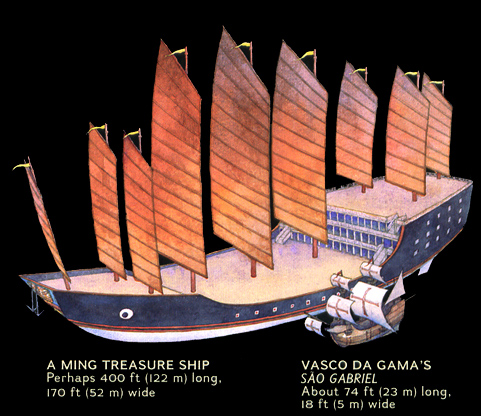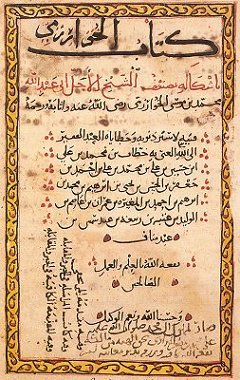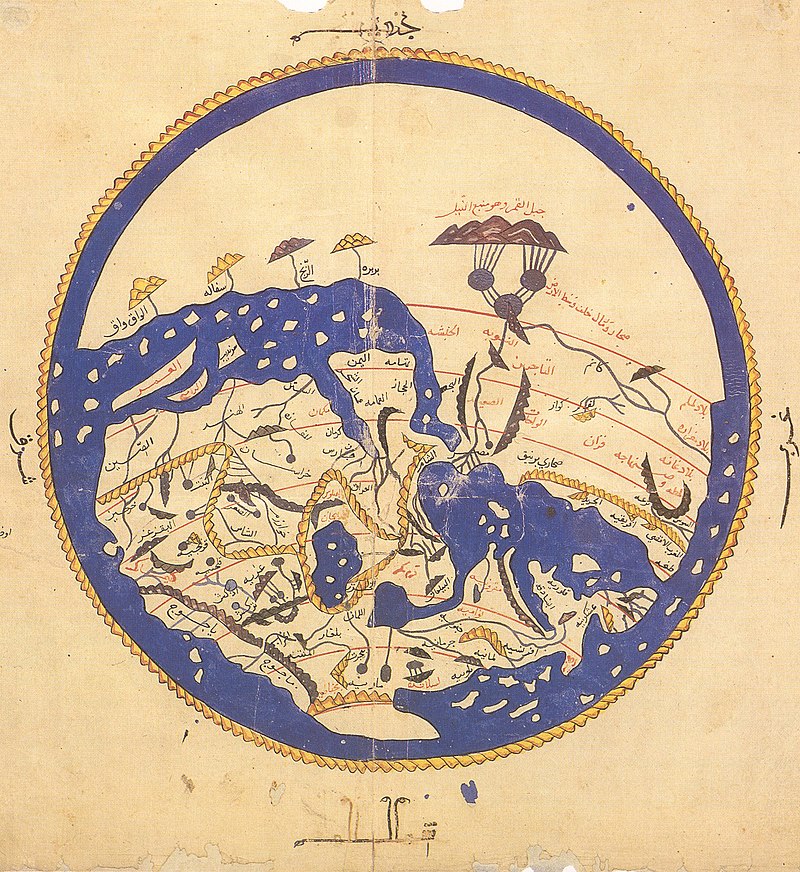TheSpoiler
Member
Pieces of chinese history have been altered during the Three Kingdoms era, either morphed to fit propaganda, or just plain never recorded. I'm on mobile so i can't go into detail, but damn.
Pagan lore would needed to have been pieced together from whispers and legends by now had Christianity never existed. The fact was that paganism was a fractious, decentralised thing that left a paucity of written records because there were never any holy books. Specifics of belief varied from place to place.So much European pagan history and lore has to be pieced together with fragments thanks to Christianity. There's secondary sources that tried to describe pagan beliefs and practices, but they were written by Christians, so it's difficult to parse what's true and what's (intentional or unintentional) bias. Trying to do research for a story right now and keep running into this problem.
Thanks for that book recomendation, Chairman Yang.And I'm going to read that lengthy Atlantic article tomorrow. Looking forward to it.
War...war never changes.Luckily for you, there is a book of poetry regarding the decidedly pagan fertility and luck god named Priapus, the Priapaeia.It consists of pages and pages of dick jokes.
It's kind of interesting to see who gets respect in history and who is vilified. I think Dan Carlin was right when he said we'll see a "Benefits of the Nazis" book that will start some crazy debates. I'm re-listening to Wrath of the Khans right now.
I've heard stories of Nazis who sold their human research in exchange for freedom from justice. Personally, in both cases, I would take the info. It's only practical. As for giving the Nazis credit, I would not. If I were tortured and ripped apart by Nazis and that research ended up in international hands, I would rather be forgotten than see those monsters be given credit. Besides, it might influence others to try similar methods after seeing the Nazis' success.I was reading an ethics article about how a TON of modern medical science, in Europe at least, is based on a bedrock established by the Nazis. Much of their data, naturally, coming from subjects of... dubious consent.
I mean, it's fucked up to use that information, but isn't it worse to just ignore the good their sacrifices can result in? Do you acknowledge these people, thus giving the Nazi regime credit, or put a rug over it and downplay the deaths? No easy answers.
Pagan lore would needed to have been pieced together from whispers and legends by now had Christianity never existed. The fact was that paganism was a fractious, decentralised thing that left a paucity of written records because there were never any holy books. Specifics of belief varied from place to place.
Priests were often there to perform ceremonies and songs rather than be repositories of any sort of canon. It might surprise you to learn that Julius Caesar was at one time the high priest of Jupiter, a position he was elected to, and nobody would ever have accused Julius Caesar of being a pious man. What writings we have are often poetry, songs and legends written by people with no religious function in life - they were simply part of a living culture where knowledge of these stories and beliefs were taken for granted (i.e. oral history, popular culture). Their expressions of belief that have any kind of lasting impact are therefore monumental or archaeological in nature.
In truth, by the time Constantine the Great made Christianity the faith of Rome, the Roman and Greek gods were already dying, being replaced by dozens of better structured mystery religions, including Christianity, but also including the cult of Sol Invictus and a version of classical paganism that centred around Jupiter to an almost monotheistic extent. Had Christianity never come along, we'd be talking about how Sol Invictus, Ahura Mazda or the overwhelming faith of Jupiter had eclipsed all the old gods.
If you're having trouble finding anything substantial, structured or on a par with the Bible, it's probably because it doesn't exist and likely never did.
Luckily for you, there is a book of poetry regarding the decidedly pagan fertility and luck god named Priapus, the Priapaeia.It consists of pages and pages of dick jokes.
Pieces of chinese history have been altered during the Three Kingdoms era, either morphed to fit propaganda, or just plain never recorded. I'm on mobile so i can't go into detail, but damn.
The people who built the sphynx before pharaoh carved his head on it.
Its a theory. There is geological evidence to support it.i never read anything about the sphynx existing in a form without the pharaoh head on it...
is that what its supposed to be?
Nikolai Voinov was a highly experimental musician in the early Soviet Russia era. He made crazy things like a musical performance via an entire town where things like battleship cannons of the coast performed the "percussion".
He also pretty much invented chiptunes in the 30's by cutting out waveforms on paper and then playing them at different speeds (ie pitches) and reading them optically. He pioneered several common chip audio techniques like pulse-width modulation and arpeggiated harmonies.
https://www.youtube.com/watch?v=Z7Zb4rso82M
https://www.youtube.com/watch?v=qXkEL-X3zXs
His laboratory was bombed by the nazis in WW2 so most of his archived work did not survive. The aforementioned town "orchestra" performance only exists as a reconstruction.



Definitely for sure on the booty partBut he killed them for enjoyment and booty, not religious persecution. That is the important thing.
Overall, 0.5% of the worlds 7 billion people descend from the Mongolian warlord. It is doubtful that any other historical figure has more living descendants than Genghis Khan.
Perhaps the most unique feature though is that there are no 'wealthy' buildings or elaborate burial grounds. Everyone buries their dead under their house and the houses seem to be fairly similar in terms of 'wealth' - meaning that the civilization might have been quite egalitarian. That is pretty impressive when a society produces cities, surpluses, and trade. Usually that is controlled by a few elite.
https://en.wikipedia.org/wiki/House_of_WisdomThe House of Wisdom (Arabic: بيت الحكمة‎; Bayt al-Hikma) was a major intellectual center during the Islamic Golden Age. The House of Wisdom was founded by Caliph Harun al-Rashid (reigned 786–809) and culminated under his son al-Ma'mun (reigned 813–833) who is credited with its formal institution. Al-Ma'mun is also credited with bringing many well-known scholars to share information, ideas, and culture in the House of Wisdom. Based in Baghdad from the 9th to 13th centuries, many learned scholars including those of Jewish or Christian background were part of this research and educational institute. Besides translating books into Arabic and preserving them, scholars associated with the House of Wisdom also made many remarkable original contributions to diverse fields.
During the reign of al-Ma'mun, astronomical observatories were set up, and the House was an unrivaled center for the study of humanities and for science in medieval Islam, including mathematics, astronomy, medicine, alchemy and chemistry, zoology, and geography and cartography. Drawing on Greek, Indian and Persian texts, the scholars accumulated a great collection of world knowledge, and built on it through their own discoveries. By the middle of the ninth century, the House of Wisdom was the largest repository of books in the world.
It was destroyed in the sack of the city following the Mongol Siege of Baghdad (1258).
Muḥammad ibn Mūsā al-Khwārizmī aka Al-Jabr, the father of algebra was a scholar of the House of Wisdom in Baghdad.
13th-century Arabic translation of Materia Medica

Drawing of Self trimming lamp in Ahmad ibn Mūsā ibn Shākir's treatise on mechanical devices.

A page from al-Khwarizmi's Kitab al-Jabr

Al-Idrisi's map of the world (12th). Note South is on top.
Wow, that's actually really cool. It sounds like a paradise. I wonder what kept things so peaceful and stable. Fear of the gods, maybe?
